
Q3 2025 Sustainable Investing Newsletter
This quarter we explore emerging ratio for banks and how it could be a useful metric for evaluating a bank's exposure to climate transition risk and the level of funding devoted to clean-energy projects. Plus, we curated a list of summer reading recommendations from our team, featuring titles on everything from economic history to environmental sustainability.

SUMMER READING LIST
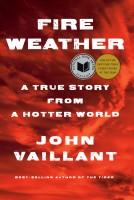
Fire Weather
John Vaillant recounts the catastrophic 2016 wildfire that devastated Fort McMurray, Alberta, turning neighborhoods into firebombs and forcing the evacuation of nearly 90,000 people in a single afternoon. Through this gripping account, Vaillant explores humanity’s evolving and increasingly perilous relationship with fire in the context of climate change, warning that such disasters are a preview of our hotter, more flammable future.
Recommended by Tim Coffin, Director, Relationship Management
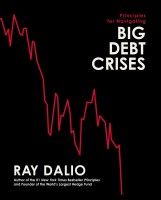
Big Debt Crises
Ray Dalio presents a framework for understanding how major debt crises unfold, using historical analysis of 48 significant episodes to identify recurring patterns and principles for managing such crises effectively. Dalio’s approach combines a detailed explanation of the typical debt cycle, in-depth case studies (including the 2008 financial crisis and the Great Depression), and practical guidance aimed at helping policymakers, investors, and the public better anticipate and navigate future financial turmoil.
Recommended by Nick Elfner, Co-Head of Research
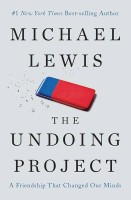
The Undoing Project: A Friendship That Changed Our Minds
Michael Lewis explores the groundbreaking collaboration between Daniel Kahneman and Amos Tversky, whose research on human judgment and decision-making gave rise to the field of behavioral economics and fundamentally changed how we understand the mind.
Recommended by Jeremy Jenkins, CFA, Director, Relationship Management
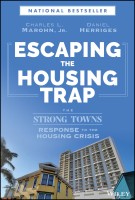
Escaping the Housing Trap
Charles (Chuck) Marohn and Daniel Herriges provid in-depth but digestible history of the US housing finance and zoning system. The book focuses on how and why government-backed mortgages were created, and how and why zoning rules were put in place. Both of these systems have served have served to “trap” the US housing market: the market cannot go down without collapsing the whole economy, but housing is increasingly unaffordable and hard to build more of due to our zoning rules.
Recommended by Erika Smull, PhD., Senior Research Analyst
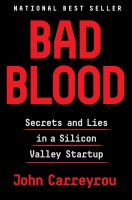
Bad Blood: Secrets and Lies in a Silicon Valley Startup
John Carreyrou exposes the spectacular rise and fall of Theranos, revealing not only the personal ambition and deception of its founder Elizabeth Holmes but also profound failures in corporate and regulatory governance. Despite attracting billions in investment and endorsements, Theranos’s core technology never functioned as promised, yet oversight bodies and corporate boards repeatedly failed to challenge its false claims or protect the public.
Recommended by Abigail Ingalls, CFA, Senior Investment Product Strategist
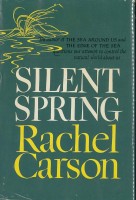
Silent Spring
Rachel Carlson exposed the devastating environmental and health impacts of widespread pesticide use, particularly DDT, arguing that these chemicals disrupted ecosystems, poisoned wildlife, and posed serious risks to humans. The book galvanized public awareness, challenged the chemical industry and government complacency, and is credited with launching the modern environmental movement and leading to significant changes in U.S. pesticide policy.
Recommended by Rob Fernandez, CFA, Director, Sustainable Research
